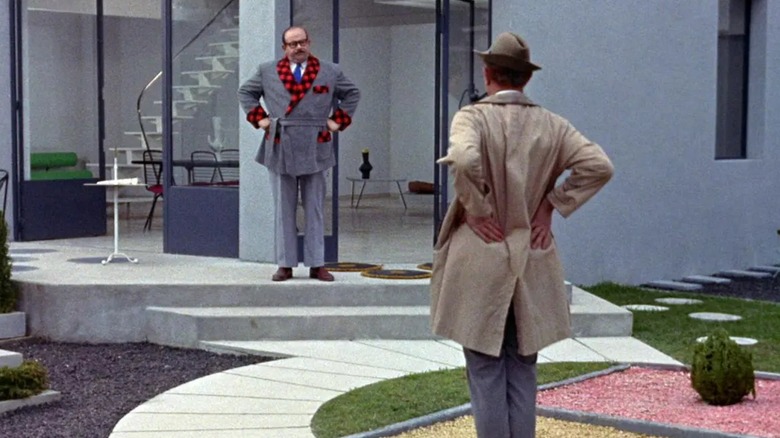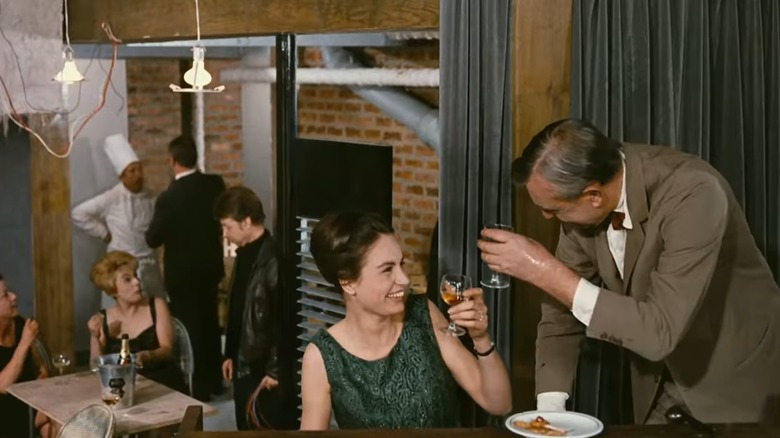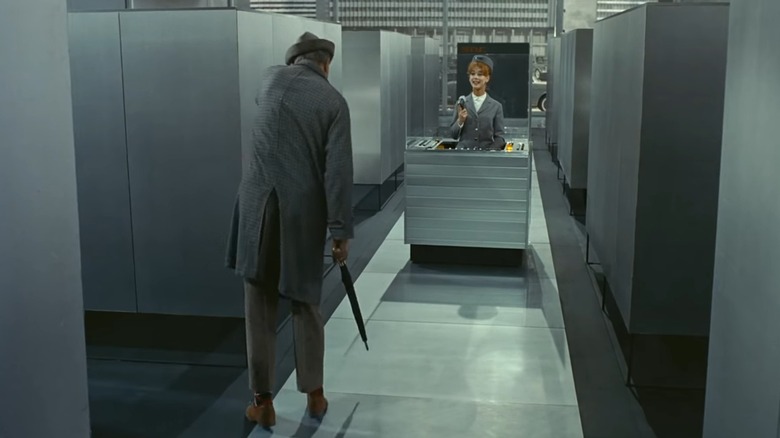Metacritic's Highest-Rated Film Franchise Includes Four Movies You May Have Never Seen
What would you consider the best film franchise of all time? Despite the objective metrics for success -– box office, critical consensus, awards and quantifiable impact -– this is a surprisingly subjective question, and the answer you give may say more about yourself than anything else. You might go to bat for genre-defining classics like the "Alien" franchise or "Scream" movies, or highlight childhood favorites for your generation, like "Harry Potter" or "Indiana Jones." Franchises surrounded by big mythology (on screen and off), like "Star Wars," often earn greatest-of-all-time status for fans, while arthouse lovers may pick something less familiar to American audiences, like Satyajit Ray's The Apu Trilogy.
It's a question with either no right answers or many, depending on how you look at it, but the folks at aggregate site Metacritic recently decided to answer it for themselves once and for all by using their well-established system – a weighted single-number score based on a curated selection of critical reviews. Surprisingly, the result of their data collection wasn't any of the obvious picks ("The Godfather" and "The Lord of The Rings" immediately come to mind), but a series of loosely interconnected, experimental yet beloved French films made over the span of nearly 20 years. That's right, Jacques Tati fans, it's your time to shine.
The works of Jacques Tati take the cake
The film franchise in question has been dubbed the Monsieur Hulot series, named after the character (played by Tati himself) who appeared in all four movies. The first of the bunch is "Les Vacances de Monsieur Hulot" ("Monsieur Hulot's Holiday"), released in 1953, and it was followed by "Mon Oncle" ("My Uncle"), "Playtime," and "Traffic," the last of which debuted in 1971.
A French satirical comedy about a man on a beach vacation (though the man, Monsieur Hulot, is not at all central to much of the action), "Les Vacances de Monsieur Hulot" used sound, comedy, visuals, and cinematic serendipity in ways that felt novel to moviegoers, and positioned all of it around a new sort of "silent" film hero.
"In the surrogate character of the sweet and bumbling, eternally umbrella-toting and pipe-smoking Monsieur Hulot, Tati invented a charming symbol of humanity lost in a relentlessly modernizing modern age," Criterion writes of the Hulot films. The first movie in the series earned an Oscar nomination for Best Screenplay (which real ones know is often the only nod the best movies of the year get from the Academy), was honored at Cannes, was once declared a "huge international success" by Roger Ebert, and caught the attention of zeitgeist-shaping film magazine "Cahiers du Cinéma."
Its follow-up was arguably even more successful. "Mon Oncle," which introduces Hulot's nephew, was a box office hit (according to JP Box Office), and it won the Oscar for Best Foreign Language Film and the Jury Special Prize at Cannes. "Playtime," a sprawling, ambitious 70mm comedy released in 1967, didn't match the financial success of its predecessors, but it's considered Tati's magnum opus by many. The movie took the 23rd spot on Sight & Sound's list of the best movies of all time in 2022, beating out classics like "Psycho," "Do The Right Thing," and "Some Like It Hot" in the expansive decennial list voted on by critics, filmmakers, curators, and more. In keeping with his trend of satirizing modern times, the final film to feature Hulot, "Traffic," reimagined him as an auto factory worker.
The list notably excludes horror, animation, and more
Despite the relatively tried-and-true approach of Metacritic's Metascore system, Tati's place at the top of their list does come with several major caveats. The website somewhat inexplicably leaves out horror and animated films entirely (they'll get their own lists, they say), along with TV movies, some largely straight-to-video franchises, and anything that's so old that reviews of it can no longer be found. That's a lot of "buts" for a list this sweeping, and I'm curious about whether or not the Metascore for the top entries in the horror or animation lists will beat out the Monsieur Hulot movies.
Still, though, it's nice to see the once-popular series celebrated. It's clear that Tati's films both built upon the decades of cinema that came before them and moved the medium forward with their artistry. If you're interested in checking them out but feel like a beginner when it comes to French films, mid-20th century films, or satirical comedy, don't worry: in his review of "Playtime," Ebert once implied that Tati's films are so unlike anything else that they defy all need for comparison or context. "Jacques Tati's 'Playtime,' like '2001: A Space Odyssey' or 'The Blair Witch Project' or 'Russian Ark,' is one of a kind," the critic wrote in 2004. The film is, he explained, "complete in itself, a species already extinct at the moment of its birth."
The first two Hulot films are available to stream on Max as well as The Criterion Channel. You can find the latter two films on The Criterion Channel, while "Monsieur Hulot's Holiday" and "Playtime" are also on Kanopy in the U.S.


